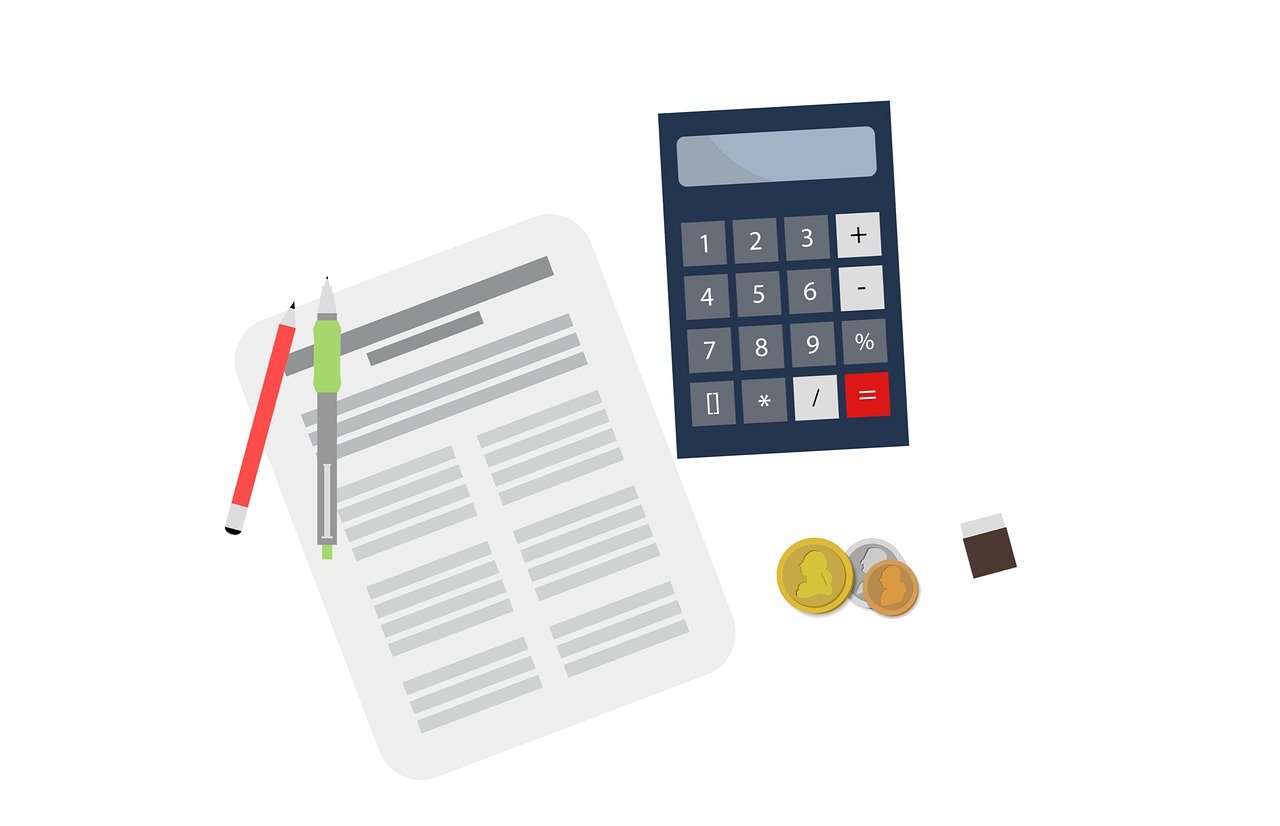The 3 Biggest Expenses To Prepare For When Starting A Business
When you dream of starting a business of your own, you might be tempted to ignore any potential roadblocks. Any dream is achievable when you put your mind to it, but pretending big hurdles don’t exist will not get you there any faster.
One aspect of starting a business that many people don’t like to think about is huge expenses. The initial cost of putting together a company can be vast, and in this blog, we will discuss three big expenses that are inevitable when your business first begins.
Let’s get started, shall we?
1. Materials and machinery.
No matter what kind of business you are running, there will be material costs. Over time, those costs will even out with the revenue you are taking in – but in the beginning, that revenue is nonexistent. This means that you will need to shell out a large sum for the initial cost of your materials and machinery.
Common materials and machinery needed for a business are:
- Computers for staff in office environments.
- Culinary machinery, such as an industrial espresso machine, for food and hospitality businesses.
- Warehouse manufacturing equipment such as a pallet rack and bailer.
When you are approaching investors to start your business, you need to have all the materials and machinery fully costed before you pitch.
2. Staff.
The staff you hire will be the backbone of your company, but they don’t come cheaply. Even staff who don’t require high rates of pay, such as service staff and cleaners, still require full time wages and benefits such as holidays. They’re worth it, of course – but the bottom line is, the initial cost of paying your staff will be expensive to say the least.
Many small business owners choose to work without paying themselves for a number of years, purely because this option reduces the outgoings of their company’s payroll. While this sounds like a bleak reality, staff costs are something you need to consider very seriously before starting your business.
3. Running at a loss for at least twelve months.
Unfortunately, it is a cold, hard fact that most businesses do not turn a profit in the first year of their operations. Some successful businesses even take three to five years before they start making consistent revenue that they can rely on.
Of course, this is the ultimate expense to your business. Without significant initial investment, your business could begin to fail due to being in the red for too long. This happens to 60% of UK businesses in their first three years, and is a real threat to the overall longevity of your enterprise.
It’s not all doom and gloom…
You may be reading this and thinking, “This all sounds too scary to even think about!” But the truth is, by tackling the potential financial issues head-on, you are less likely to fall into the fate of those 60% of businesses.
Overall, taking financial roadblocks seriously, without letting them overwhelm you, is the key to having success with your small business.

